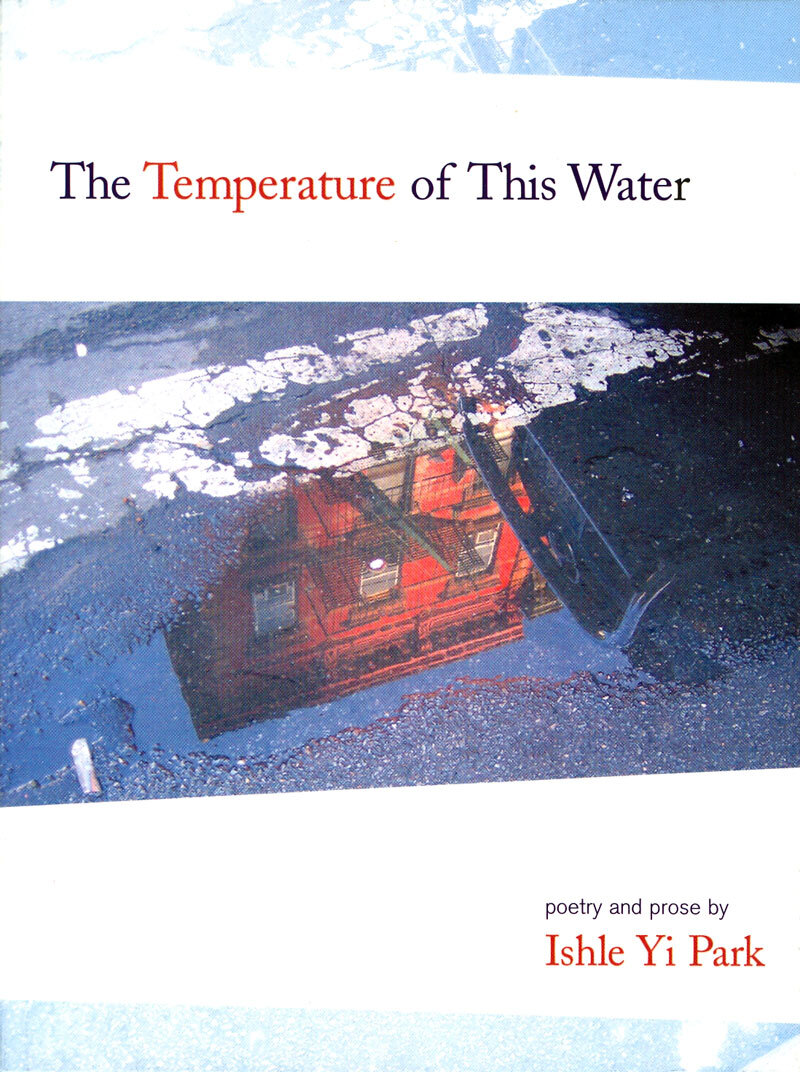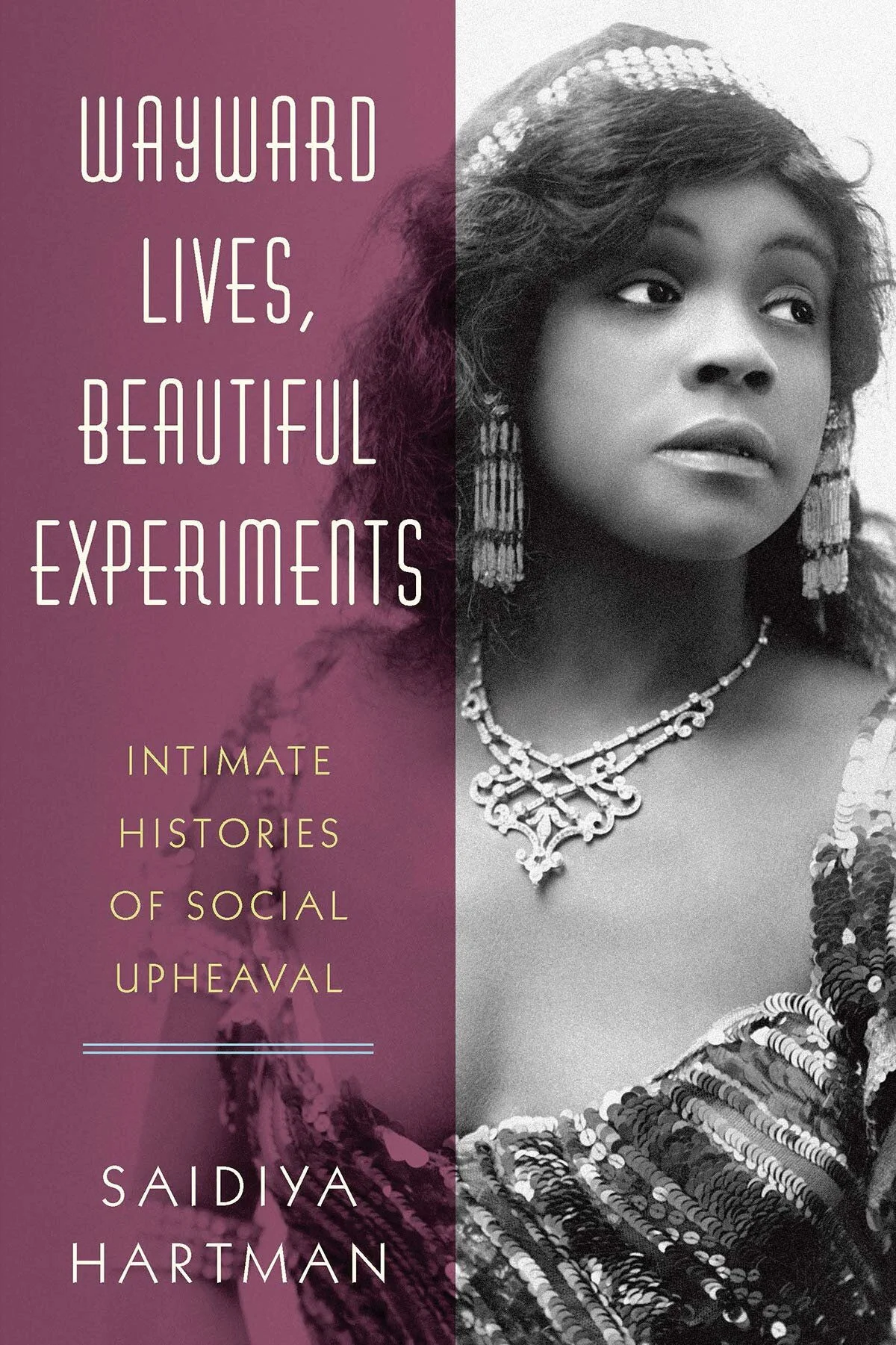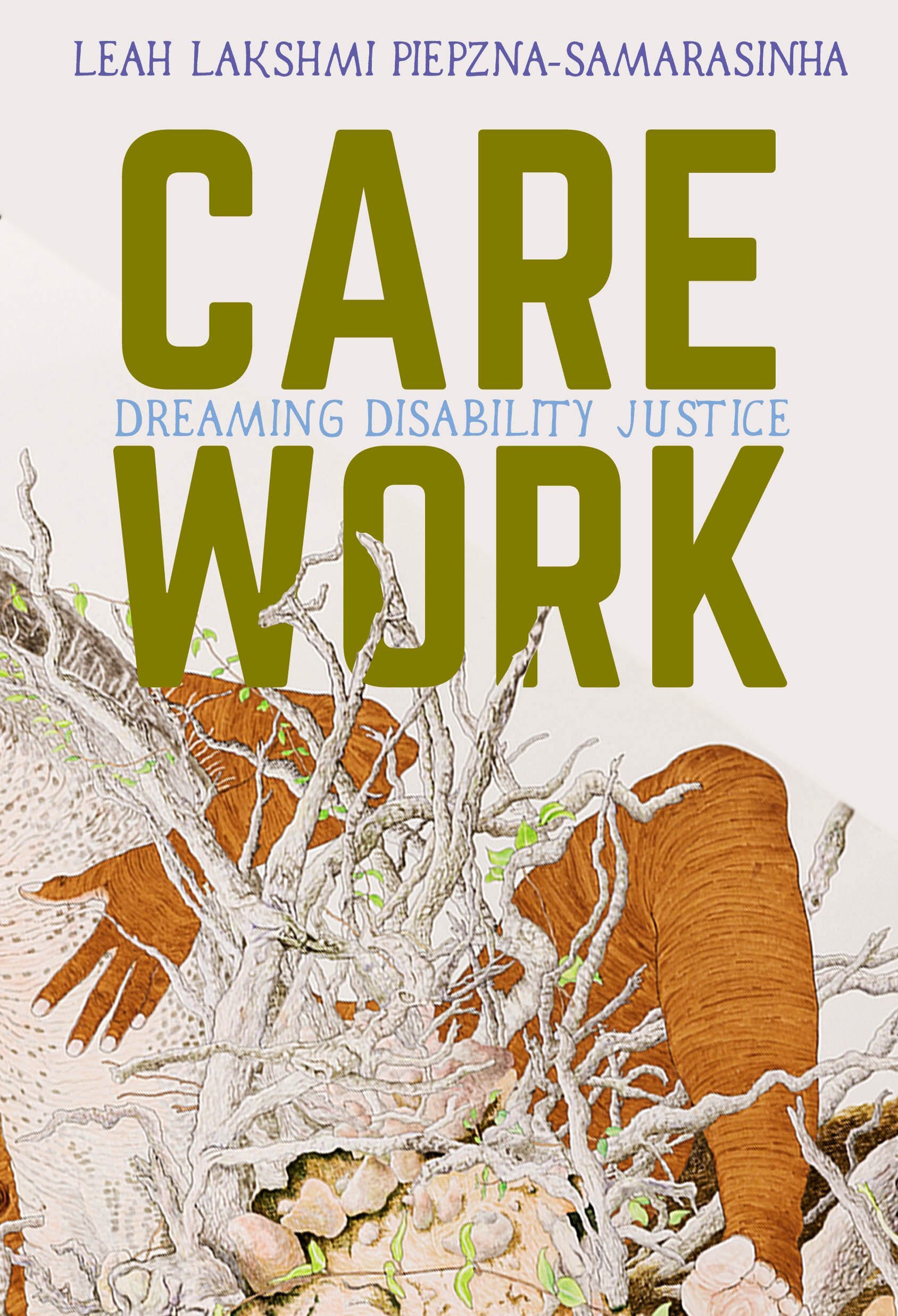Asian American Feminist Writing Workshop
February 2021–May 2021
Presented by Kundiman & Asian American Feminist Collective
This program was made possible with support from Asian Women Giving Circle.
The inaugural Feminist Writing Workshop was organized by Kundiman in collaboration with the Asian American Feminist Collective to foster a safe space for writers to explore the unique history of Asian American feminist writing and how it influences their own work. The workshop was an important part of Kundiman's vision to continually empower Asian American writers in building community, while also highlighting the importance of uplifting feminist histories that are traditionally marginalized. The workshop was open to Asian American women and Asian American nonbinary individuals.
From February to April 2021, twenty participants and five facilitators attended classes and small group writing sessions, culminating in the creation of their own Asian American feminist zine. A final public reading was held on May 19th, 2021.
The public is invited to continue engaging with this workshop's curriculum through the syllabus and readings that are available here. Classes focused on creating a safe, collaborative space to explore the history of Asian American feminism as well as essential writings by feminists of color. We’ve collected a recap of the workshop below in the hopes that this material can provide inspiration for your own reflections on Asian American identity and feminism.
COURSE BOOKS
Feb. 3rd: Feminisms, Functional & Fraught
Assigned Readings:
“Killjoy Manifesto” by Sara Ahmed
“Speaking in Tongues” by Gloria Azaldua in This Bridge
Called My Back
“Weaponizing our Invisibility” by Shireen Roshanravan
The first class began with a discussion around community agreements and how to safely hold space for the group's different experiences and forms of knowledge while exploring feminism and identity. The group discussed the connection between their Asian American feminist identity and writing practices, as well as some of the challenges and difficulties around feminist identity in general, and the importance of creating new feminist narratives.
“I write to record what others erase when I speak, to rewrite the stories others have miswritten about me, about you. To become more intimate with myself and you. To discover myself, to preserve myself, to make myself, to achieve self autonomy.
”
Feb. 17th: Feminist Genres and Forms
Assigned readings:
An excerpt from Dictee by Theresa Hak Kyung Cha
"Stand Up” by Cathy Park Hong in Minor Feelings
“Eating a $5 plate of string hoppers” by Leah Lakshmi
Piepzna-Samarasinha
“I Rejected Cooking in the Name of Feminism-- Until I had
to Feed Myself” by Aurvi Sharma
An Aquatic History of My Family by K-Ming Chang
As part of their homework, the cohort brought in their favorite feminist writing pieces to share. Pieces ranged from an anthology of trans poetics edited by Andrea Abi-Karam and Kay Gabriel, to a book on asexuality by Angela Chen, an intergalactic space story by Micha Cárdenas, a book on disability in feminist spaces, and a comic by Rachel Eng. The cohort discussed what it means to be an Asian American writer in the predominantly white space of creative writing, how internalized expectations about genres shape what is considered acceptable storytelling, and the timelessness of transness and queerness. They also discussed the history of feminist zine making, with examples from AAFC's own zine series and the Moonroot zine collective.
“Who are you and whom do you love? Where did you come from and how did you arrive? How will you begin? How will you live now? What is the shape of your body? Who was responsible for the suffering of your mother? What do you remember about the earth? What are the consequences of silence?
”
March 3rd: Speculative Futures & World Building
Assigned reading:
The introduction to Octavia’s Brood by Walidah Imarisha
"Hollow” by Mia Mingus in Octavia’s Brood
“Cripping the Apocalypse” by Leah Lakshmi Piepzna-Samarasinha in Care Work: Dreaming
Disability Justice
“Beam, robot” by Margaret Rhee (in Love, Robot); see also short article on robots, love, and poetry
Recommended/Optional: Larissa Lai, Salt Fish Girl; see also Tamara Ho (2012) “Larissa Lai’s Cultural Politics of Intimacy: Animal. Asian. Cyborg.”,Wayward Lives, Beautiful Experiments by Saidiya Hartman, Fierce Femmes and Notorious Liars by Kai Cheng Thom, Magic, a folio (AAWW)
The cohort discussed the importance of visionary and speculative fiction as a feminist method for imagining new futures and responded to an idea from Octavia's Brood that all community organizing is essentially a form of science-fiction. A story by Mia Mingus, a transformative and disability justice activist, raised questions around how to normalize talking about access needs whether or not you are disabled. The group reflected on the difficulty of addressing their own needs during the pandemic, especially in workspaces that can emphasize productivity over care. They closed with imagining new care models, as well as their potential limitations. One of the cohort members shared the Auntie Cares Project, a community mutual aid project to provide care and unconditional love to anyone in need during the pandemic.
“...for those of us from communities with historic collective trauma, we must understand that each of us is already science fiction walking around on two legs. Our ancestors dreamed us up and then bent reality to create us.”
March 17th: “The Personal is Political”
Assigned Reading:
“Samchun in the Grocery Store” by Ishle Yi Park in The Temperature of this Water
Indian Condition by Terese Marie Mailhot in Heartberries
Shahana Hanif, City Council Candidate for Brooklyn D39, Policies
Layleen’s Bill (With Revisions) by Benji Hart
Recommended/Optional: Zami by Audre Lorde, But I’m Afraid of Men by Vivek Shraya (excerpt in readings folder), Night Sky with Exit Wounds by Ocean Vuong, I Woke Up by Jameson Fitzpatrick
The group collectively decided to break into small groups in order to give space to process and grieve the recent murders of six Asian American women in Atlanta, Georgia on March 17th, 2021. It was important for the group to model a feedback style of collaboration where everyone could voice their needs throughout classes. After a time spent checking in, they discussed the important feminist concept that the personal is political, but that the political is personal as well. In response to a writing exercise, the group also explored how politics and cultural systems might have impacted significant moments in their lives—the difficulty of grappling with harassment or gender violence, the challenges of deciding to leave a job or industry, the politics of citizenship and belonging, and the importance of having a safe home environment even though public policies don't necessarily support equal housing rights for all.
“I didn’t feel compelled to tell any moral tales or ancient ones. I learned how story was always meant to be for Indian women: immediate and necessary and fearless, like all good lies.”
april 7th: Healing, Generational Work, and (Inherited) Trauma
Assigned Reading:
*CW: Readings/Viewings marked with (*) deal extensively with sexual violence.
Sultana’s Dream: A Feminist Utopia by Rokeya Sakhawat Hossain
*“Speaking For Themselves” and “Honourably Dead” (pp. 4- 64) from Borders & Boundaries:
Women in India’s partition by Ritu Menon and Kamla Bhasin
Lajja (Shame), Taslima Nasrin
Meatless Days, Sara Suleri Goodyear
“The Woman in The Closet” by Mimi Lok
Suggested Additional Reading/Viewing: *Film: Khamosh Pani, Braiding Sweetgrass: Indigenous Wisdom, Scientific Knowledge, and the Teaching of Plants by Robin Wall Kimmerer, My Grandmother’s Hands, Racialized Trauma and the Pathway to Mending Our Hearts and Bodies by Resmaa Manakem
This class covered the importance of reckoning with historical trauma narratives, especially ones concerning gender and sexual violence. The group discussed how inherited trauma can manifest somatically in a person's physical body, and how a more embodied understanding of trauma can inform their own feminist writing. With an increased understanding of trauma narratives comes the ability to make new choices, rather than repeating narratives passed down by colonial systems. The class ended with a reflection on how past ancestors’ lives might have been shaped by traumatic historical moments, and the discrepancies between formal histories and how the ancestors themselves might have described them. It was important to also reflect on survival strategies, and the group's own forms of resiliency in their day to day lives as they continue to reclaim their own memories and feminist narratives.
““Years as a healer and trauma therapist have taught me that trauma isn’t destiny. The body, not the thinking brain, is where we experience most of our pain, pleasure, and joy, and where we process most of what happens to us. It is also where we do most of our healing, including our emotional and psychological healing. And it is where we experience resilience and a sense of flow.”
”
april 21st: Reflections & Close
For the final class, the group came together to workshop and share the new pieces that everyone had developed in their small writing groups. These pieces will also be shared at the culminating public reading, and in the group's feminist zine. After an hour of workshopping in small groups, everyone came together to briefly share their new feminist pieces—ranging from comics, to poetry, fiction, and memoir. This last class ended with lots of gratitude for everyone present for all of their thoughtful insights, responses, and for helping to create a space of radical care to nurture new feminist thinking.
“But feminist speech can take many forms. We become more inventive with forms the harder it is to get through. Speaking out and speaking with, sheltering those who speak; these acts of spreading the word, are world-making. Killing joy is a world-making project. We make a world out of the shattered pieces even when we shatter the pieces or even when we are the shattered pieces. ”
MAY 19TH: PUBLIC READING
The cohort celebrated their three months spent studying and writing together with a final public reading on May 19th, 2021. All of the workshop's participants shared new works, as well as a preview of a new feminist zine developed together. The public heard from Ashna Ali, Aishvarya Arora, Salonee Bhaman, Ching-In Chen, Joy Helena Chen, Anne Cong-Huyen, Alyssa Mae Cruz, Fatema Haque, Victoria M. Huỳnh, Promiti Islam, Julie Ae Kim, Rachel Kuo, Hairol Ma, MAT aka Mary Ann Thomas, Erme Maula, Linda Sachiko Morris, Sam Nakahira, Amanda Nava, Goeun Park, Jas Perry, danny ryu, Shivani Davé, Senti Sojwal, and Tiffany Diane Tso.
recording of the reading here:
COHORT
Kundiman’s Asian American Feminist History Workshop was made possible with support from the Asian Women Giving Circle.
















































